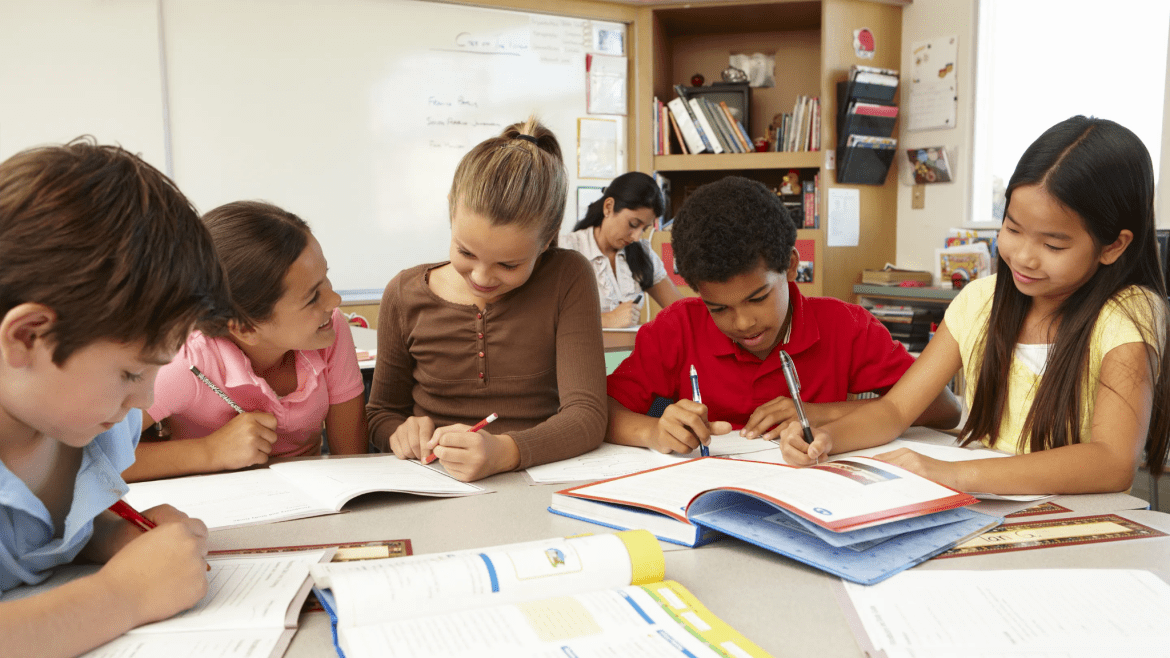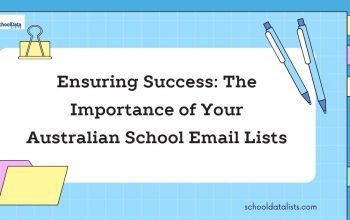Are you ready to unlock the secret to preparing students for a future filled with success and fulfillment? Look no further than the powerful trifecta of empathy, resilience, and self-awareness. These essential social emotional education skills have emerged as game-changers in education, equipping students with invaluable tools for navigating both academic challenges and life’s ups and downs. In this blog post, we’ll delve into why these skills are crucial in today’s fast-paced world, explore practical strategies for cultivating them in the classroom, and discover how they can set your students on a path towards lifelong achievement. Get ready to transform your teaching approach – it all starts here!
Empathy: Understanding and Connecting with Others
Empathy is the ability to understand and share the feelings of others. It goes beyond simply recognizing someone else’s emotions, but also involves feeling what they are feeling and being able to put yourself in their shoes. This skill is essential for building strong relationships and creating a more compassionate and understanding world.
– Importance of empathy in building relationships and creating a positive environment
Empathy is the ability to understand and share the feelings of another person. It is an essential social and emotional learning (SEL) skill that helps individuals build strong relationships and create a positive environment. In today’s world, where diversity and inclusion are becoming increasingly important, empathy plays a crucial role in fostering understanding, respect, and harmony among people.
– How SEL skills can help students develop resilience
Social and emotional learning (SEL) is an essential aspect of a well-rounded education. It equips students with the necessary skills to effectively navigate through their personal and academic lives. One crucial aspect of SEL is developing resilience, which refers to the ability to bounce back from setbacks and challenges.
Resilience is a valuable skill for students to possess as it helps them build a strong foundation for their future success. By teaching SEL skills, educators can help students develop resilience and prepare them for any obstacles they may encounter throughout their lives.
Here are some ways in which SEL skills can specifically aid in the development of resilience:
- Building Self-Awareness: Self-awareness is the first step towards building resilience. Students who have a better understanding of their emotions, thoughts, and behaviors are more likely to cope with challenges effectively. Through SEL activities such as self-reflection exercises and mindfulness practices, students can gain insight into their strengths, weaknesses, triggers, and coping mechanisms.
- Teaching Emotional Regulation: Resilient individuals are those who know how to manage their emotions in healthy ways. By teaching sel in schools skills such as identifying and expressing emotions appropriately, managing stress levels, and practicing relaxation techniques like deep breathing or progressive muscle relaxation, students learn how to regulate their emotions effectively. This enables them to handle challenging situations without becoming overwhelmed by their feelings.
Strategies for Promoting Resilience in the Classroom:
- Teach Coping Skills: One of the most important ways to promote resilience in the classroom is by teaching students coping skills. Coping skills help students manage and overcome difficult situations, setbacks, and challenges. This can include deep breathing exercises, positive self-talk, problem-solving techniques, or any other strategies that help students regulate their emotions and handle stress effectively.
- Foster a Growth Mindset: A growth mindset is the belief that one’s abilities can be developed through effort and hard work. When students have a growth mindset, they are more likely to persist through challenges and setbacks because they understand that failure is an opportunity to learn and improve. Teachers can foster a growth mindset by praising effort over achievement and encouraging students to take on new challenges.
- Encourage Positive Self-Talk: The way we talk to ourselves has a significant impact on our ability to bounce back from adversity. By teaching students how to use positive self-talk, we can help them develop a resilient inner voice that encourages them during difficult times.




